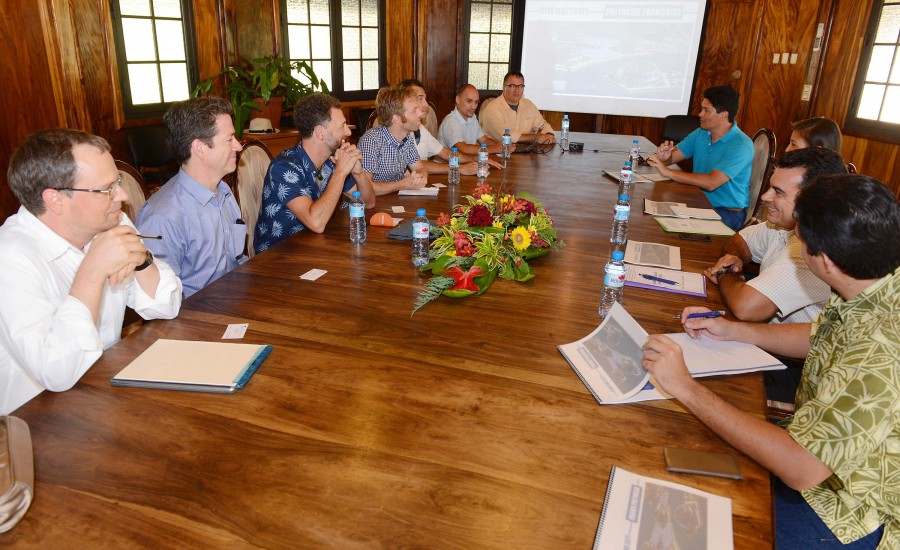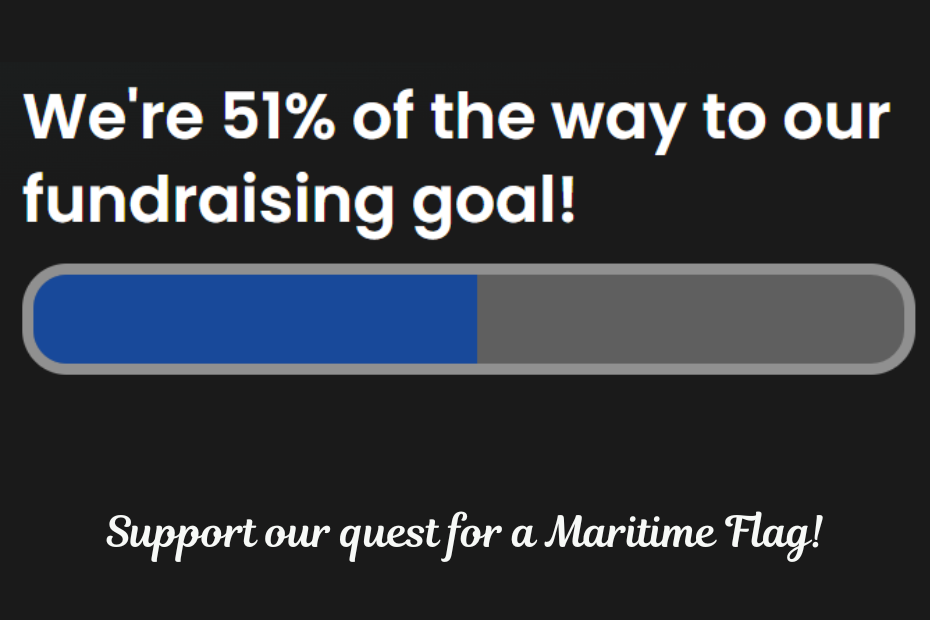I am writing this blog from Bora Bora, where an international team of nine seasteading delegates* has convened to explore the opportunities for developing innovative sustainable floating islands in the protected atolls and harbors of this tropical nation.
This Friday, September 16th, our delegation will formally present a proposal for a seastead to French Polynesian President Édouard Fritch. President Fritch invited us last month to engage in discussions about this project, and the meeting will include several ministers, mayors, and department heads.
Our site inspections on the island of Tahiti and off of the coast of Raiatea have already identified many viable options. Equally important during our time here, we’ve explored how seasteading resonates with both our goals and Polynesian culture. Polynesians from their earliest beginnings have expanded their society by braving the waters of the Pacific to establish new communities on ever-newly-discovered islands. Today, the seasteaders embrace the future of that culture. In a time when many Polynesian societies search for answers to rising sea levels, creating new communities on floating sea platforms may offer an opportunity to collaborate around innovative solutions. Seasteaders have much to learn from the experience of the culture that first developed a system of connected island communities.
Polynesians also have a strong interest in resilient programs around sustainable technologies and economic development. The first floating community will have opportunities to partner with the international community to create specific applications for cutting-edge clean technology around energy and water. Moreover, the Honotua submarine cable system provides substantial fiber optic bandwidth enabling workers and businesses from all over the world to live on seasteads. A French Polynesian seastead could become an international hub for Blue Economy innovation that creates jobs locally.
The government officials we’ve spoken with so far – including Economic Recovery, Blue Economy and Digital Strategy Minister Teva Rohfritsch – have signaled a willingness to discuss a special economic zone for the Floating City Project. Our meeting with Minister Rohfritsch has already been reported on the President’s website. At our presentation on Friday, we will ask President Fritch to collaborate with us on a Memorandum of Understanding that defines the parameters for us to bring the Floating City Project to French Polynesia.
The Seasteading Institute has always promoted a vision that opening the ocean to human habitations will allow more choice in societal structures. We champion the creation of thousands of seasteads worldwide, each free to explore its own ideas of how to live together creating innovative solutions to societal problems. Our end-goals remain ambitious, and we can begin working toward them today with a viable pilot that can grow organically. This French Polynesian opportunity presents a pragmatic avenue to create and showcase floating communities, and we look forward to collaborating with President Fritch in moving forward.
*Accompanying me on this exploratory trip are:
Bart Roeffen, DeltaSync/Blue21, engineer (Netherlands)
Nicolas Germineau, strategic adviser (England/France)
Tom W. Bell, professor at Chapman University School of Law (California)
Susanna Dokupil, The Seasteading Institute board member, legal and PR adviser (Texas)
Monty Kosma, business adviser (California)
Egor Ryjikov, The Seasteading Institute ambassador and engineering adviser (Moscow)
Greg Delaune, greentech business and public-private partnership adviser (California)
Joe Quirk, Seavangelist (California)
Marc Collins, business, government and cultural adviser (Tahiti)
A film crew from NHK Japan has accompanied our expedition in order to film a documentary intended to air in late 2016.
NHK as well as several members of the delegation have self-funded their trip to French Polynesia. The Seasteading Institute appreciates the contributions of money and time and the dedication to the cause that they have demonstrated. We are equally grateful to our international community of supporters who have made this trip possible.
~Randolph Hencken, Executive Director

